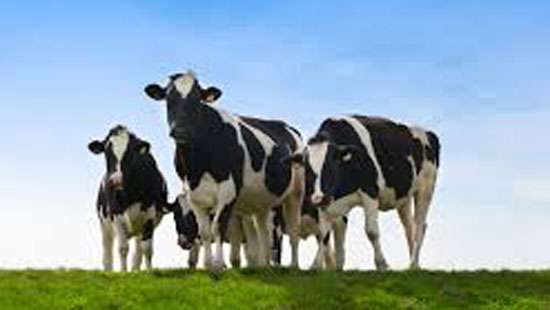Reply To:
Name - Reply Comment

In a bid to boost the local dairy industry, the government had imported over 20,000 high-yielding milch cows from Australia in 2017, but most of them were found afflicted with Bovine Viral Diarrhea (BVD), it was revealed yesterday at the Presidential Commission of Inquiry to investigate corruption of the current administration.
Veterinary Research Officer Dr. Hemal Kothalawala informed the commission that BVD was a viral disease among cattle and that it could spread in several ways.
“We still cannot prevent the spreading of the virus because the government had failed to take timely measures to deport the diseased cows back to the manufacture. Prior to the research period, the imported batches from Australia had been handed over to the middle-scale dairy farmers in many areas and when the research team commenced the study, it identified several cows with BVD,” he said.
He mentioned that during the first few tests of the research period, the team identified most cows with positive BVD virus, but during the second stage that some of them had died.
During the testimony, Director of Animal Health Dr. M.D.N. Jayaweera informed the commission that when continuing tests on these cows, they identified the poor health condition of them but the government failed to take necessary action.
“In 2017, the Rural Economic Development Ministry started to import 20,000 cows from Wellard Rural Exports Private Limited in Australia. A number of dairy farmers have made shocking revelations about the quality of the imported cows," he said.
Amal Suriyage of Lammermoor Estate in Maskeliya had filed a complaint with the commission stating that the government distributed 3,030 substandard imported Australian cows among 46 investors and dairy farmers who had taken part in a subsidised scheme to introduce high-yielding imported cows in 2017.
He said the Rural Economic Development Ministry had informed the investors that pregnant cows would produce 20 litres of milk a day on average and had advised some of the investors who were already rearing cows to get rid of the local cows they had.
“The investors paid Rs.200,000 per cow and the government contributed Rs.265,000. A number of cows died while many calves had been aborted or were stillborn,” he said. (Yoshitha Perera)